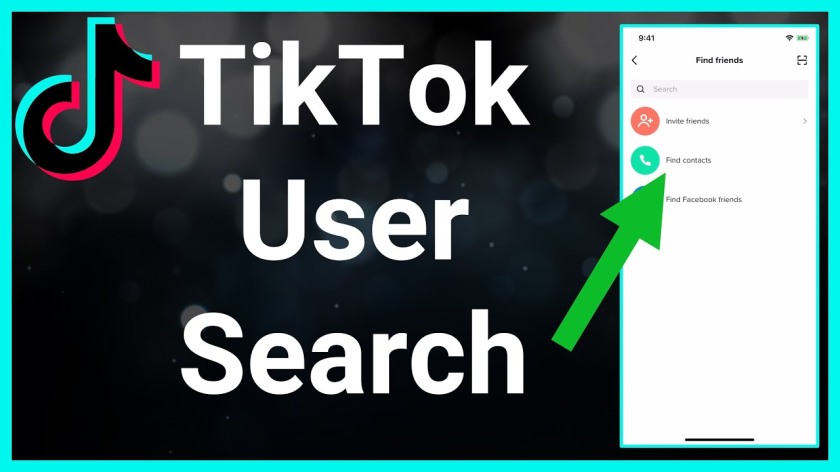TikTok, now the most popular site worldwide, is fast becoming a significant player in search among young users, challenging the once untouchable dominance of Google.
TikTok is testing a new feature that enhances the popular short-form video app’s search functions. The new feature, reports TechCrunch, highlights keywords in comments and links to search results for the term.
Discovering Content
The test comes as Google itself has acknowledged that TikTok is cutting into its Search product.
Senior vice president Prabhakar Raghavan, who runs Google’s Knowledge & Information organization, recently noted that younger users are often turning to apps like Instagram and TikTok instead of Google Search or Maps for discovery purposes. He outlined that younger users are looking to discover content in new and immersive ways.
“In our studies, something like almost 40% of young people, when they’re looking for a place for lunch, they don’t go to Google Maps or Search,” Raghavan recently stated. “They go to TikTok or Instagram.”
TikTok’s search function already allows users to discover content and trends, but the new feature would take the app’s search capabilities even further. The test feature also shows that TikTok is interested in competing with more than just its social media competitors, as it’s now looking to cut into Google’s core products as well.
According to Statista, Google’s share of interet search, which as been as high as almost 91% over the past decade, is 83.83% as of July 2022. Bing is up to 8.88%, and TikTok is not counted.
IP-less Takeover?
Interestingly, TikTok has achieved its rapid success without a patented killer algorithm, but with features and content that are more attractive to younger audiences than Google’s highly curated search results. The power of speed can not be underestimated – nor can loyalty, celebrity and humor.
“In our studies, something like almost 40% of young people, when they’re looking for a place for lunch, they don’t go to Google Maps or
Search. They go to TikTok or Instagram.”
What does this mean for content creators and copyright holders, as well as brands? Recently, TikTok initiated a “culture of credit” program to encourage acknowledgement if not payment from its creatorssearwho draw upon the content of others. TikTok, like Google and others, has been slow to take down proprietary content.
New Domain Leader
On February 17, 2021, that TikTok won the top spot for a day. Back in March it prevailed on a few more days and also in May. After August 10, 2021 TikTok took the lead on most days.
“That’s not overly surprising, but the volume of searches that could imply is significant, with hundreds of millions of searches being conducted every minute via Google’s apps,” reports Social Media Today.
If TikTok and Instagram are eating into that, that could have big implications, and not just for Google itself, but also for trademarked brands looking to connect with younger audiences, and maximize their discovery opportunities.
In 2019, investment firm Andreesen Horowitz highlighted the potential of TikTok as a search engine, based on how Chinese users were evolving their use of Douyin, the Chinese version of the app.
Since many Douyin videos are geo-tagged and automatically categorized into buckets – restaurants, tourist attractions, hotels, culture, entertainment, shopping, exercise – users can browse them to find interesting places to visit and things to do. Businesses are also able to attract new customers by supplementing Douyin with basic information, waitlist support, and coupons.”
Douyin has become an eCommerce powerhouse in China, reports Social Media Today, and parent company ByteDance has been pushing to transform TikTok along the same lines in western markets – with mixed results thus far.
Faster, Less Text, Misinformation

According to a focus group conducted by a data strategist, Adrienne Sheares:
- TikTok shows them relevant content FASTER than Google. The algorithm knows them WELL, and they love that. No two feeds are alike.
- They don’t want to read to find information. They will if they have to, but if they can get a quick video with the answer – that’s what they prefer.
- The group didn’t really care about misinformation. They know it exists and will avoid content on TikTok that can easily be false (like health or news).
It may be that Google’s over-managed, sometimes laborious searches have strayed too far from their original mandate and young people are picking up on it.
One question is will TikTok be able to evolve as its audience ages, or will it be left behind like MySpace and other social media apps.
Image source: youtube.com; petapixel.com

